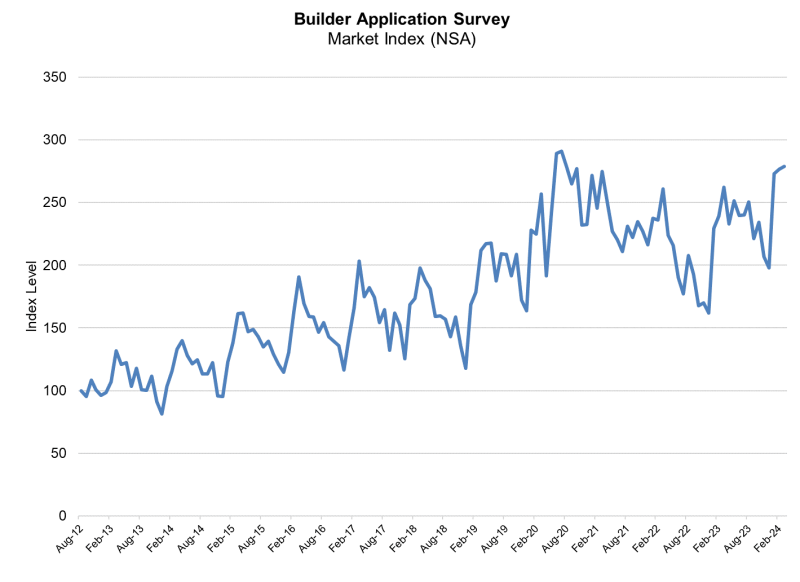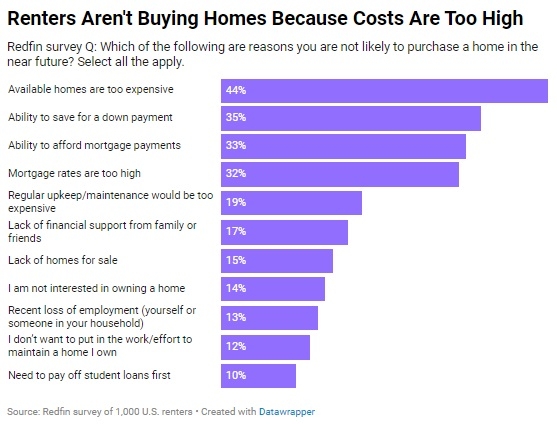Advertisement
Technology: Delivering value to your sphere
Forward on reverse: The dilemma of the underage spouse in reverse mortgage situationsAtare E. Agbamu, CRMSHECM, HUD, FHA
A "Forward on Reverse" reader from Moline, Ill. sent the
comment below. She asked two questions we will attempt to answer,
expecting to learn from her situation.
Dear Atare:
I read your column regularly and enjoy it. I have closed a handful
of reverse mortgages in the past and I have an issue with one I
closed in November 2005. As required, the underage spouse was taken
off title to complete a Home Equity Conversion Mortgage (HECM).
They had done a line of credit and have since drawn the remaining
available cash. They want to refinance to put him back on title,
but now their available cash is negative $10,000.
So, my understanding is that I cannot refinance this loan. I
understand where the figures come from. What I don't understand
is why an underage spouse must be removed from title. And what can
be done legally to protect that spouse if the one in title passes
away? [emphasis added] I have contacted my lender and they haven't
given me any information. Can you shed some light on
this?
Sue. L. of Moline, Ill.
Dear Sue:
Thank you very much for your kind response and for your questions.
We're going to attempt an answer. Let's begin with your first
point: "What I don't understand is why an underage spouse must be
removed from title."
This is my guess: the couple desperately needs cash, and they
conclude that a reverse mortgage is their only option. The underage
spouse makes them ineligible and they decide he has to get off the
title for the deal to go through. In other words, they determined
the cash from a reverse mortgage is of greater immediate value to
them than the property rights of the underage spouse. No matter how
you look at it, it is a difficult situation.
"I'm afraid there are no easy answers here. If the younger
spouse stays on title, they may not qualify for the loan. If the
younger comes off title, he could be subject to divestment at
maturity," said a prominent regulatory compliance attorney from
Washington, D.C.
It's usually a family decision that a lender should not even
suggest. It's also a legal issue. If a situation comes up that
could lead to an underage spouse being taken off title, the reverse
mortgage originator should ask the couple to consult an attorney,
as well as an experienced U.S.
Department of Housing and Urban Development (HUD)-approved
reverse mortgage counselor.
In Mortgagee Letter 2006-25, dated Sept. 28, 2006, HUD mandates
HECM counseling for the underage spouse. Here's what the Mortgagee
Letter said about the matter:
"During counseling, all parties must be made aware that the
Federal Housing Administration (FHA)-insured HECM cannot be assumed
by the non-borrower spouse [or the underage spouse] upon the HECM
borrower's death or change of primary residence. In other words,
the HECM becomes due and payable upon the HECM borrower's death, or
when the real estate, which serves as the security for the
FHA-insured HECM, is no longer the primary residence of the HECM
borrower."
Mortgagee Letter 2006-25 answered your second question: What can
be done legally to protect that spouse if the one in title passes
away? Thomas D. Christensen, an attorney and president of
Burnsville, Minn.-based RealStar Title, agreed that
the underage spouse is on rough legal terrain.
"Not much can be done for the underage spouse unless the
property is located in a state such as Minnesota, where a spouse
has certain spousal rights to real property despite not being in
title," Christensen said. "In the event the spouse holding title
passes away, then the underage spouse may be able to acquire the
property through probate."
Even in states such as Minnesota, where spousal right in
property is protected, the Washington, D.C.-based regulatory
compliance lawyer observed that most lenders would require the
non-titled spouse to sign the mortgage (deed of trust) to fortify
their lien position on the property at maturity. By signing the
mortgage, he essentially subjects any spousal rights that he has in
the property to the lien of the lender. If he refuses to sign, the
lender would refuse to make the reverse mortgage loan.
Christensen, whose company closes several reverse mortgage
transactions each month, said whatever rights the underage spouse
gets will rest on state law. "... The laws of some states may allow
the spouse who retains title to dispose of the property however
that spouse sees fit, without the underage spouse's consent. In
that instance, the underage spouse may have absolutely no rights to
the property or proceeds of sale. It all depends upon the laws of
the particular state," he said.
Again, taking an underage spouse off title should be the
couple's decision without input from the reverse mortgage
originator. Often in these situations, the couple has decided that
cash from the reverse mortgage is more valuable to them than the
underage spouse's property rights. The underage spouse may or may
not have spousal rights to the property, depending on state
law.
As HECM loans super-insurer, HUD notes in Mortgagee Letter
2006-25, that the underage spouse is out of luck should the
borrowing spouse die. The originator must ensure that the couple
gets HUD-approved reverse mortgage counseling before they proceed
with the transaction. HUD's reverse mortgage counseling for the
couple should provide enough cover for the originator.
Fifth anniversary note
This is the 60th consecutive installment of "Forward on Reverse."
My aim remains the same as five years ago--to help originators
prepare for the huge demographic changes ahead in residential
mortgage lending. Reverse mortgages are the only residential
mortgage programs that address the extra-cash needs of older
customers without tying them down to regular monthly repayments.
Whether or not you plan to get into reverse mortgages, you should
know about these innovative home loans and train your home lending
teams to be literate in them. It is essential.
Please re-read my conversation with Robert M. Couch, president
of Ginnie Mae ["Forward on
Reverse: Ginnie Mae gets reverse ready: A conversation with Robert
M. Couch," The Mortgage Press, January 2007]. For mortgage
professionals who are still reluctant about reverse mortgages,
Couch advised, "I would tell them to take some time to look at the
growth rate of this product and take time to look at the
demographic changes that are coming in the marketplace, where the
population is aging at a fairly rapid clip. And when you look at
those two factors together, it makes a fairly compelling case that
if you don't get involved in reverse mortgages, you are going to
miss a substantial opportunity."
For me, the key word in Couch's last sentence is "substantial."
Folks like him choose their words carefully.
The book, "Think Reverse!" is finally going to come out this
year. The process turned out to be longer than we thought. The
delay has been a blessing; it is going to include and anticipate
major changes in Reverse Land since November 2005, enhancing its
value to readers. We are excited. Thank you for reading "Forward on
Reverse!"
Think reverse. Move forward!
Atare E. Agbamu, CRMS is president of ThinkReverse LLC, a reverse
mortgage training and consulting firm based in the Twin Cities and
is a consultant with Credo
Mortgage. Atare is regarded as an emerging authority on reverse
mortgages and is frequently consulted by financial professionals
and families across America. His reverse mortgage interviews have
been Web cast on MortgageMag Live! He can
be reached by phone at (651) 389-1105 or e-mail [email protected].
About the author





